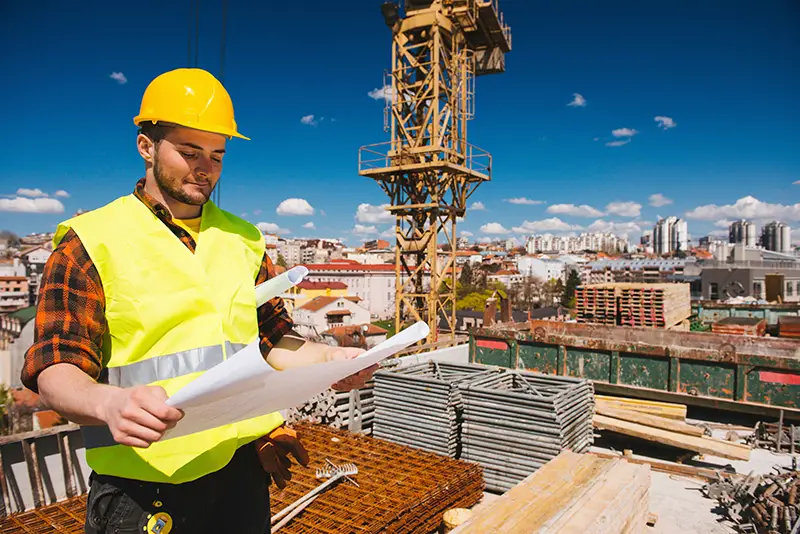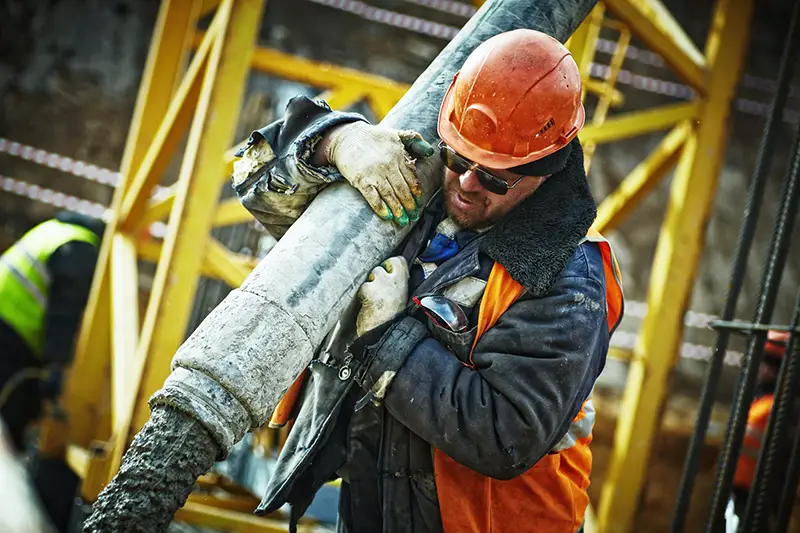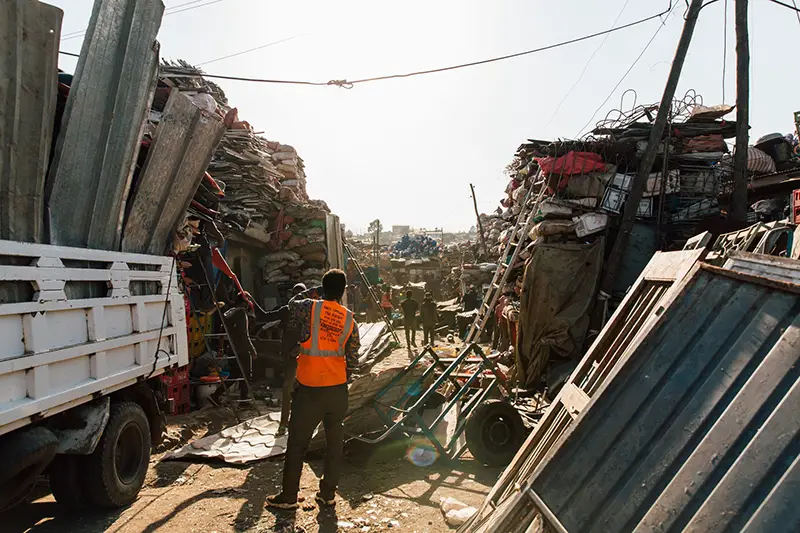Click here to get this post in PDF
Entering the construction business is both exciting and challenging. It is exciting because you do not just help build structures. You also help people make their dreams come true through their new house or new commercial building. Nevertheless, it is challenging because you have to accomplish various requirements to make it up, running, and successful.
Lots of questions will come to your mind. What permits should have? Should you have a physical office? Do you need to find a landfill in Jacksonville, Florida? Should you have insurance?
Do not worry. This article will discuss six of the most significant factors that you should remember when starting a construction business.
#1 Licenses and Permits
To be a legally-operating contractor in Florida, you need to apply for licenses and permits based on your specialty. Your first step is to register with the state’s Construction Industry Licensing Board (CILB). Once you have the approval for your registration, you will have the permit to offer your services in the locality of your company. But if you wish to do projects in the outskirts, you need to undergo additional processes of certification and licensing.
Do All Contracting Services Need Licenses in Florida?
Florida contractors, in general, have a mandatory requirement to have licenses and registration to operate. Specialty jobs need separate permits. The construction of swimming pools, which is popular in hot Florida, is the best example. Once you obtain licenses to do pool works, you can now do outdoor decking, piping, backyard excavation, pool design, and finishing.
On the other hand, some services do not require special licenses. These projects include window repair, wallpapering, floor installation or replacement, countertop installation, cabinetry, and exterior and interior painting work. Still, to be safe that you do not violate any government rules and policies, go to the local county office to confirm.
#2 Office
Like opening any other business, it is ideal to look for a workspace that can function as your company’s base. As you are entering a customer-related business, your office must have a design that is conducive to discussion.
Ensure that you also have an area for the staff meetings, where you and your team can brainstorm and discuss updates on all your projects. While online businesses are popular these days, a construction business with a professional-looking office will increase the trust of both potential and actual clients.
#3 Equipment, Supplies, and Storage
Going for a construction business entails investment in proper equipment, supply, and storage. You need various equipment and power tools to help your team to work more efficiently. These include excavators, ladders, drills, grinders, trucks, front loaders, and many more. Make sure to choose equipment and tools that are heavy-duty and made of top materials as you will be using them for a long time.
Gathering enough supply for your construction business is also a must. You can stock-up necessary construction supplies, such as steel rebars, cement, screws and nails, wood planks. Consequently, you might need a storage area or a small warehouse to store your construction equipment, tools, and supplies.
#4 Health and Safety Requirements
If you are determined to start a construction business, you know and understand that this venture entails high health and safety risks. It is why everyone must adhere to the safety rules of the company. You may check with CILB the necessary health and safety requirements that are appropriate in Florida.
Typically, essential safety gears that everyone going to the project site are required to wear include safety masks, helmet, safety vest, and, at times, goggles. You can also provide harnesses, safety ladders, and traffic lights, etc. Additionally, provide formal training for your workers on proper handling, maintenance, and safekeeping of construction equipment and power tools. While these tools make the job accomplished faster, they can also be dangerous for people who do not know how to handle them well.
Provide first-aid kits that can be easily accessed in case of accidents and unforeseen health problems. Assign safety officers on-site or provide training to employees on vital life support and first aid.
Keeping your employees safe should be one of your topmost priorities. If anyone gets serious injury because of the company’s fault, your company can be sued for damages, which can have significant repercussions on your business.
#5 Insurance
Unfortunately, accidents, big and small, do happen on construction sites. So, while you are still starting with this kind of business, learn and understand the different types of insurance coverage for various incidents. Find the best offers and apply for one before accepting job orders.
The most basic insurance that you must consider are:
- General Liability Insurance
- Professional Liability Insurance
- Business Vehicle and Commercial Auto Insurance
- Workers’ Compensation Insurance
- Contractor License Bonds Insurance
#6 Disposal
As you enter the construction world, whether you do new buildings, landscaping, or renovation works, one thing that becomes a challenge to many because they are not prepared at first is how to dispose of construction debris. Other than being clueless on what to do next, another setback is that some did not add the cost to their initial quotation, which is a no-no for most clients.
Once you know the process of disposal in your area, next is to find the nearest one to your place or job site. For example, if your project site is in San Marco, find a landfill in Jacksonville, Florida. If you are unsure of what to do, better approach a construction and demolition transfer service that can assist you to find the most convenient dumpsite.
Takeaway Thought
Entering the construction business and being a contractor means investing effort, time, and money. You need to know how to apply for permits and licenses, plus get insurance to operate. Setting-up an office and purchasing equipment and supplies is also a must. Plus, aside from the usual construction activities, you must remember to know where to dispose of construction debris.
Nonetheless, these are just six of many things that you have to consider in this business. You will learn more as you go along with your everyday operation.
You may also like: Thinking of Starting a Construction Company? Here’s How You Do It



